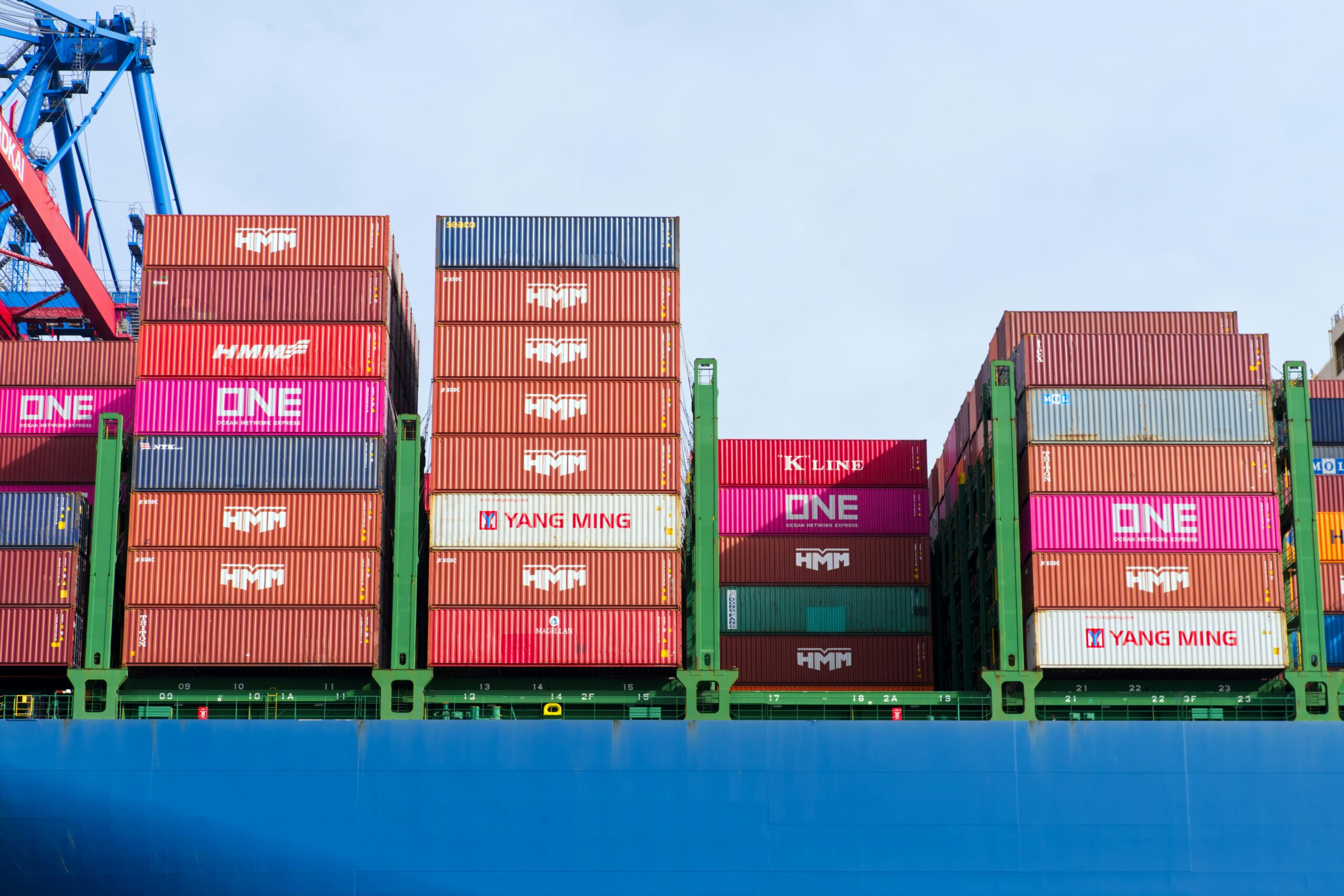
In today’s fast-moving high-tech industry, supply chain excellence is no longer just about logistics, procurement, or vendor management. It is about creating an agile system where people, processes, and technology come together to deliver innovation at speed. While technology often gets the spotlight, the human element is equally critical, and that is where Human Resources plays a decisive role. HR is not just about hiring or managing benefits; it is a strategic partner that shapes the workforce behind a high-performing supply chain. From talent development to organizational culture, HR lays the foundation for the resilience and efficiency that high-tech supply chains demand.
Building a Workforce Aligned with Supply Chain Goals
Supply chain operations in the high-tech sector require specialized skills that go beyond traditional logistics knowledge. Companies need people who understand automation, data analytics, artificial intelligence, and advanced manufacturing. HR ensures that the right talent is identified, recruited, and placed in roles where they can contribute effectively. By working closely with supply chain leaders, HR professionals help define the skills and competencies required not just for today’s needs but also for the future.
Recruiting top talent is only the beginning. HR designs onboarding programs that help employees quickly adapt to the fast-paced environment of high-tech operations. By aligning workforce development with supply chain goals. HR ensures that employees understand the larger purpose of their work and how their roles contribute to efficiency, innovation, and customer satisfaction.
Training and Continuous Learning for Agility
In high-tech industries, technology evolves rapidly, and supply chain professionals must continuously adapt. HR supports this adaptability through structured training and development programs. These programs include technical certifications, leadership training, and cross-functional workshops. Well-trained employees are better equipped to handle disruptions, manage advanced technologies, and innovate within their roles.
Continuous learning also enhances agility. For instance, when unexpected challenges like raw material shortages or global shipping delays occur. Employees who have developed problem-solving and analytical skills through HR-led training can respond more effectively. By fostering a culture of learning, HR ensures that supply chain teams remain prepared for both current demands and future challenges.
Enhancing Collaboration Across Global Networks
Modern high-tech supply chains span continents, with design, manufacturing, and distribution occurring across multiple regions. This global reach demands seamless collaboration. HR helps facilitate this by promoting diversity, equity, and inclusion initiatives that bring together teams from different cultural and professional backgrounds. A workforce that values diversity is more likely to share unique perspectives, leading to innovative solutions and stronger collaboration.
HR also implements communication and team-building strategies that strengthen coordination between departments such as procurement, production, and logistics. This human-centered approach builds trust across global teams and reduces friction that can slow down supply chain processes.
Driving Employee Engagement for Supply Chain Reliability
Supply chain excellence relies heavily on reliability and consistency. A disengaged workforce can lead to errors, inefficiencies, and missed opportunities. HR supports supply chain excellence by creating programs that foster employee engagement and motivation. Whether through recognition initiatives, career development opportunities, or wellness programs. HR ensures that employees feel valued and committed to the organization’s success.
When employees are engaged, they are more likely to go the extra mile to solve supply chain challenges, maintain high-quality standards, and proactively look for ways to improve efficiency. This directly contributes to smoother operations and stronger supply chain performance.
Supporting Digital Transformation in Supply Chain
The high-tech sector thrives on digital transformation, and supply chain functions are no exception. From automation to blockchain and advanced data analytics, new technologies are revolutionizing the way products are designed, manufactured, and delivered. HR plays an essential role in preparing the workforce for this shift.
Through strategic workforce planning, HR identifies which skills will be needed for digital supply chains and helps employees transition into technology-driven roles. This might include reskilling employees to work with robotics, training teams to interpret supply chain data, or supporting managers as they adopt digital decision-making tools. By preparing the workforce for digital transformation, HR ensures that technological investments deliver maximum value.
Strengthening Resilience and Risk Management
Disruptions such as global health crises, geopolitical tensions, or natural disasters have highlighted the importance of resilient supply chains. While technology helps predict and manage risks, resilience ultimately depends on people. HR supports resilience by fostering a culture of adaptability and problem-solving.
Employees who are empowered to make decisions, communicate openly, and take ownership of their responsibilities are better equipped to respond during crises. HR also ensures that succession planning and leadership development are in place. Supply chain operations continue smoothly even if key leaders or employees are unavailable. This human-centered resilience strengthens the entire supply chain ecosystem.
Shaping the Future of High-Tech Supply Chains
As the high-tech sector continues to grow, the role of HR in supporting supply chain excellence will only become more significant. Future supply chains will demand greater integration between technology and human talent, and HR is uniquely positioned to bridge that gap. By shaping organizational culture, driving employee engagement, and developing future-ready skills, HR ensures that supply chain operations remain competitive, resilient, and innovative.
Ultimately, supply chain excellence is not just about moving products efficiently. It is about building an environment where people can thrive while driving technological progress. HR, as a strategic partner, ensures that the human side of the supply chain remains strong, adaptable, and aligned with the goals of high-tech operations.